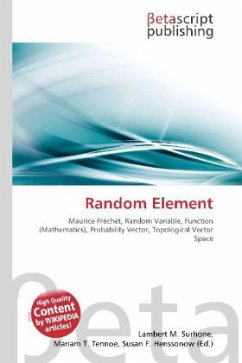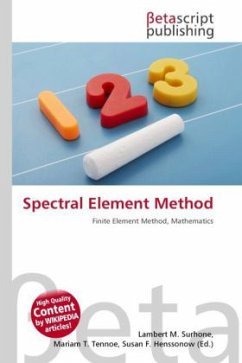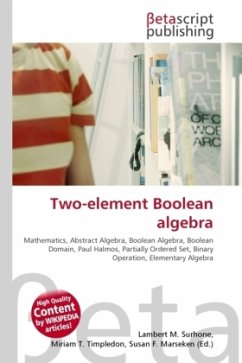Please note that the content of this book primarily consists of articles available from Wikipedia or other free sources online. The term random element was introduced by Maurice Fréchet in 1948 to refer to a random variable that takes values in spaces more general than had previously been widely considered. Fréchet commented that the "development of probability theory and expansion of area of its applications have led to necessity to pass from schemes where (random) outcomes of experience can be described by number or a finite set of numbers, to schemes where outcomes of experience represent, for example, vectors, functions, processes, fields, series, transformations, and also sets or collections of sets".The modern day usage of "random element" frequently assumes the space of values is a topological vector space, often a Banach or Hilbert space with a specified natural sigma algebra of subsets.
Bitte wählen Sie Ihr Anliegen aus.
Rechnungen
Retourenschein anfordern
Bestellstatus
Storno








